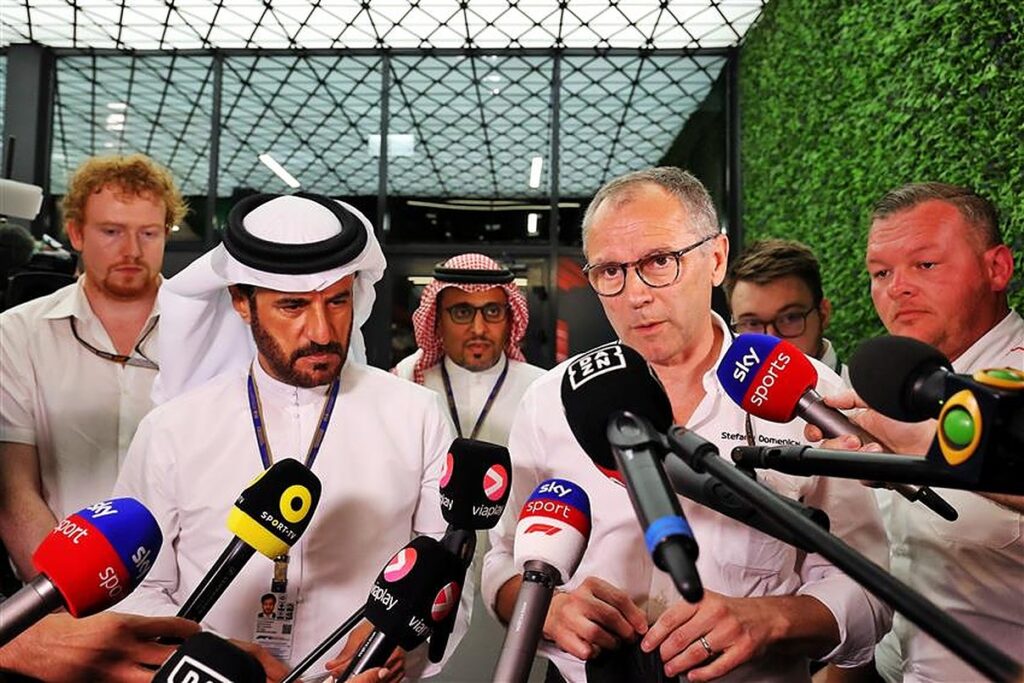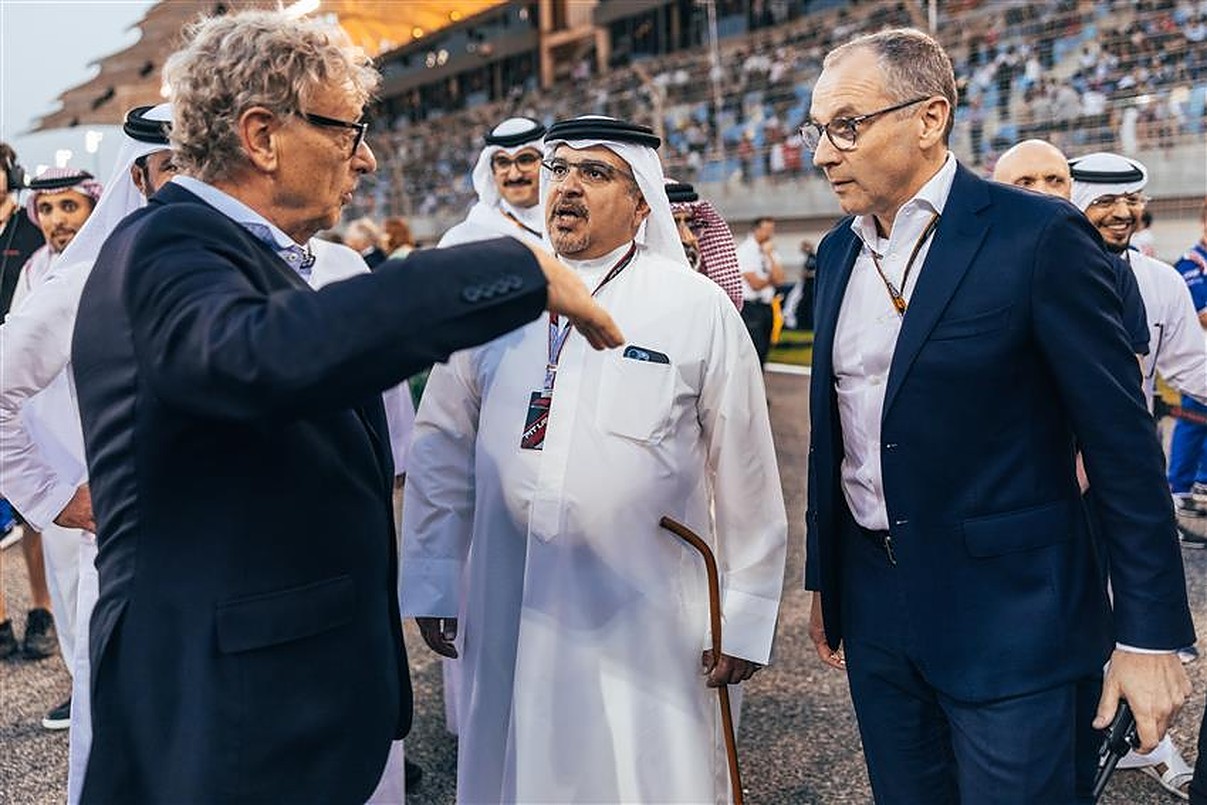Formula 1 CEO, Stefano Domenicali, has assured that the proposed changes to the calendar are not financially motivated.
The pinnacle of motorsport has been going through a shift lately, and a big part of that has been its recent ability to tap into the American market.
Netflix’s Drive to Survive docuseries can be credited with a lot of that success, but it is not just in the States that interest is beginning to expand.
South Africa has come back on the radar, Domenicali has made it clear that he wants to expand F1’s presence in Asia, and there are talks of there being two races in Saudi Arabia when its new sports complex in Qiddiya is completed.

READ: Zak Brown sends warning to Monaco GP organisers following Las Vegas GP announcement
Colombia is being touted as the destination for a possible Caribbean Grand Prix in the future, while America will have three races as of next year – in Austin, Miami and Vegas.
Now is a great time for countries and venues to get in on the ground floor on the expansion of F1, but the sheer amount of interest has led to a bidding war.
Venues in the States and middle east in particular have more money to throw around than ones in Europe and, for the traditionalist, this will pose some problems.
Spa Francorchamps is in danger of falling of the calendar next year, as it currently does not have a contract and, while negotiations are looking promising for Monaco, that race is in the same boat as Belgium.
Miami was heavily criticised for the fake marina after its inaugural race this season, but the race in and of itself was not a bad one, proving that, when designers get it right, there can be exciting races around the globe.
But venues like Miami and not where the foundations of F1 were forged, and the sport is coming close to abandoning its roots and leaving behind some classic European races.
Generally, the first thing that gets pointed out when fan favourites are about to be scrapped is the money that other global venues and offering up but, contrary to popular belief, this is not the be all and end all for Domenicali.
“I’m not selling the soul of Formula 1, I believe that this is the normal change,” he told Bild.
“Money is important everywhere, also for us, but it’s not the only thing we look at; the whole package has to be right.
“If we only looked at the bank account, the race calendar would definitely look different.”
When the Russian Grand Prix was cancelled due to the country’s invasion of Ukraine, Germany and Malaysia were tipped to take its place on the calendar.
However, no agreement was reached with either Sepang, Hockenheim or the Nürburgring, and Singapore cannot host two weekends in a row, so the 2022 season has gone back down to 22 races.
Domenicali revealed that, while Germany continues to express their intention to host a race, they do not have the funds to book their place on the calendar.
“If I don’t make a call myself, I see and hear little from Germany, they talk, talk, talk, but in the end, you need facts,” he explained.
“It’s a mystery to me how you can’t build a business around a Grand Prix these days but, if they get it right, we will have a race in Germany again.”
However, F1 itself cannot fulfil the financial demands of hosting the weekend, so it has to be a team effort from both parties.
“The Grand Prix has to be worthwhile for all sides, we can’t cover all the costs,” added Domenicali.
Addressing fears that money could tempt F1 back to Russia, the Italian confirmed that, while he remains in charge, there will be no Russian Grand Prix.
READ: ‘Struggling to see the good for F1’: Benefit of 2023 Las Vegas Grand Prix called into question
“I always say never say never, but in this case, I can promise: We will not have any more negotiations with them. There will be no more racing there,” stated Domenicali.
The Belgian Grand Prix after the summer break could well end up being the last we see for some time if a renewal agreement cannot be reached.

